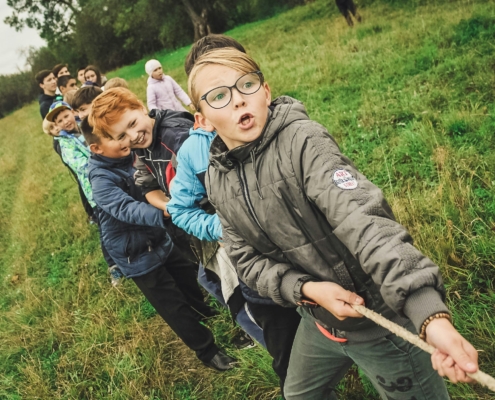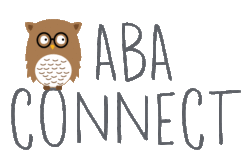Tag Archive for: summer camp

How to Know if Your Child With Autism Is Ready for Summer Camp
A Parent’s Perspective: 10 Things to Help Prepare Your Child for Camp
Now is the time of year when parents begin chatting about how they will keep their kids entertained this summer. It'll be here before you know it, even though the ground…
